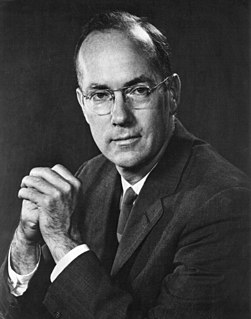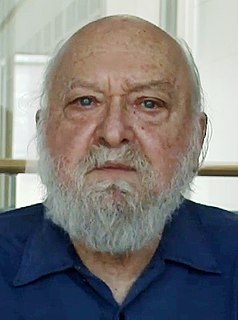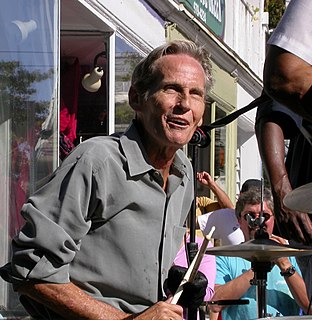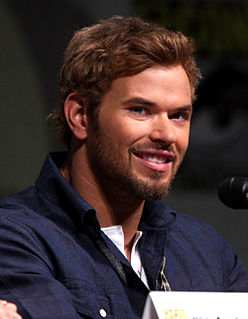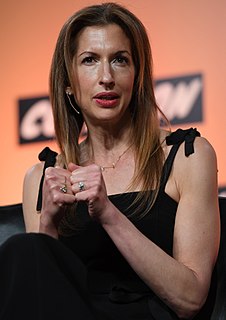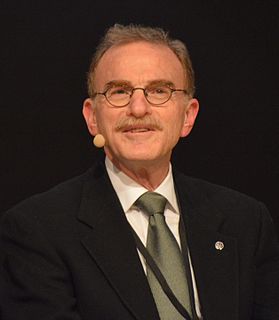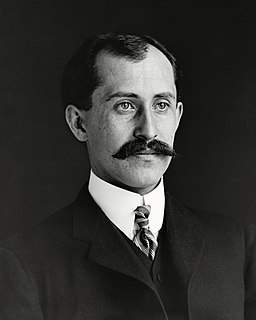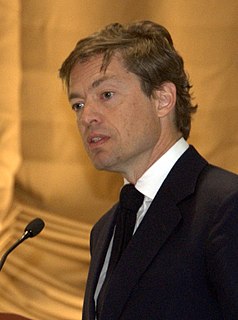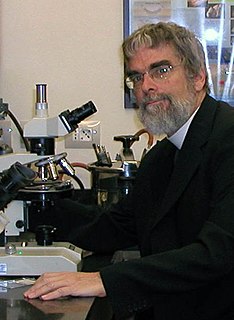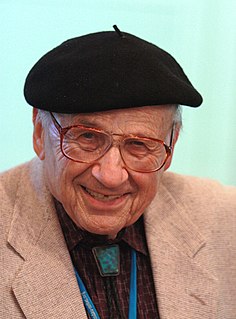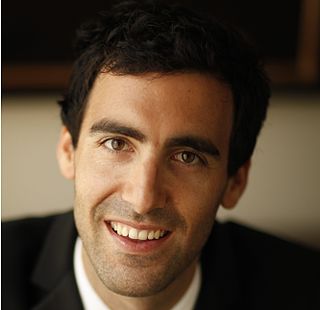Top 1200 Great Scientist Quotes & Sayings
Explore popular Great Scientist quotes.
Last updated on April 14, 2025.
The books of the great scientists are gathering dust on the shelves of learned libraries. And rightly so. The scientist addresses an infinitesimal audience of fellow composers. His message is not devoid of universality but its universality is disembodied and anonymous. While the artist's communication is linked forever with its original form, that of the scientist is modified, amplified, fused with the ideas and results of others and melts into the stream of knowledge and ideas which forms our culture. The scientist has in common with the artist only this: that he can find no better retreat from the world than his work and also no stronger link with the world than his work.
If a given scientist had not made a given discovery, someone else would have done so a little later. Johann Mendel dies unknown after having discovered the laws of heredity: thirty-five years later, three men rediscover them. But the book that is not written will never be written. The premature death of a great scientist delays humanity; that of a great writer deprives it.
[On Richard P. Feynman's live demonstration of the rigidity of the O-rings when cold that doomed the space shuttle Challenger, killing seven astronauts:] The public saw with their own eyes how science is done, how a great scientist thinks with his hands, how nature gives a clear answer when a scientist asks her a clear question.
It's an experience like no other experience I can describe, the best thing that can happen to a scientist, realizing that something that has happened in his or her mind exactly corresponds to something that happens in nature. One is surprised that a construct of one's own mind can actually be realised in the honest-to-goodness world out there. A great shock, and a great, great joy.
All interpretations made by a scientist are hypotheses, and all hypotheses are tentative. They must forever be tested and they must be revised if found to be unsatisfactory. Hence, a change of mind in a scientist, and particularly in a great scientist, is not only not a sign of weakness but rather evidence for continuing attention to the respective problem and an ability to test the hypothesis again and again.
If I ask you who is the most famous scientist who ever lived, or the greatest scientist who ever lived you'll say either Einstein or Newton or something like that because their claims were supposed to apply universally. But the claim of somebody who is studying a particular feature of the evolutionary process like whether it's very fast or very slow, or occurs in steps and so on, that's not a universal claim, that's a rather specialised claim and so you can't claim to great fame and great success.
Since I stayed in a colony where either one was an engineer or a scientist, everybody thought I would be a scientist. This was the expectation everybody had apart from my parents. Honestly, I, too, wanted to be a scientist. I think it was the way Dad would explain us scientific theories and concepts that made the subject more intriguing.
I am very much a scientist, and so I naturally have thought about religion also through the eyes of a scientist. When I do that, I see religion not denominationally, but in a more, let us say, deistic sense. I have been influence in my thinking by the writing of Einstein who has made remarks to the effect that when he contemplated the world he sensed an underlying Force much greater than any human force. I feel very much the same. There is a sense of awe, a sense of reverence, and a sense of great mystery.
The scientist is not much given to talking of the riddle of the universe. "Riddle" is not a scientific term. The conception of a riddle is "something which can he solved." And hence the scientist does not use that popular phrase. We don't know the why of anything. On that matter we are no further advanced than was the cavedweller. The scientist is contented if he can contribute something toward the knowledge of what is and how it is.
We scientists have fantasies of being uniquely qualified to make great discoveries. Alas, reality is cruel: most of us are replaceable. For the vast majority of scientific contributions, if scientist X hadn't achieved it that year, scientist Y would have achieved the same result or something very similar soon thereafter.
It is frequently the tragedy of the great artist for example Vincent Van Gogh, as it is of the great scientist, that he frightens the ordinary man. If he is more than a popular story-teller it may take humanity a generation to absorb and grow accustomed to the new geography with which the scientist or artist presents us. Even then, perhaps only the more imaginative and literate may accept him. Subconsciously the genius is feared as an image breaker; frequently he does not accept the opinions of the mass, or man's opinion of himself.



